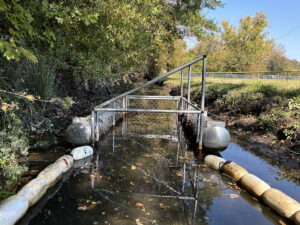News
Fishing for Facts 10-2018
Education, Environmental, Legislative, Regulatory
Posted on November 1st, 2018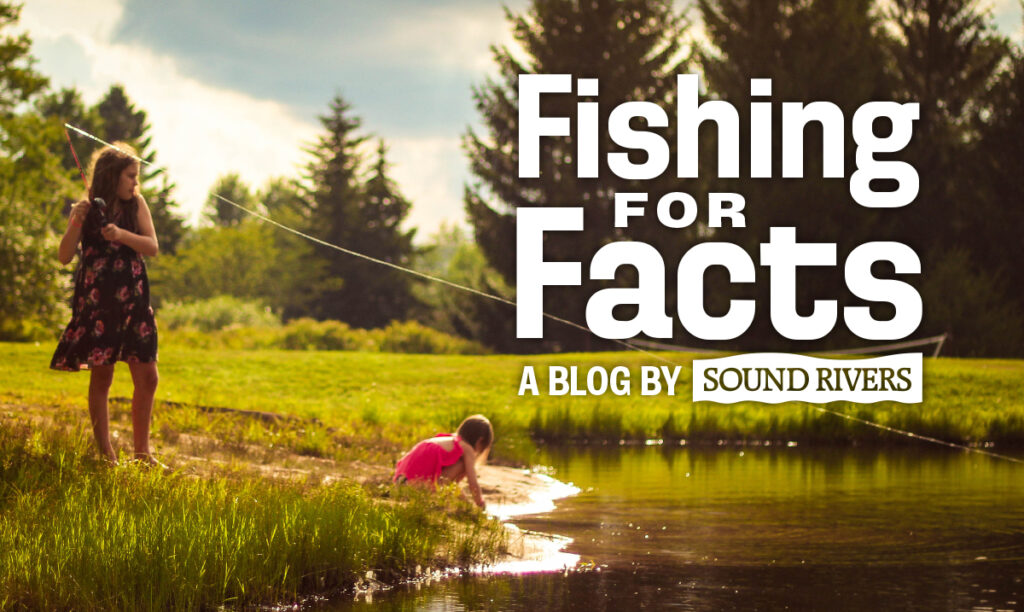
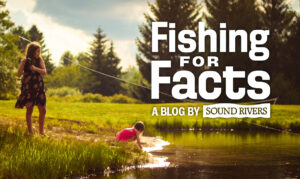 Fishing for Facts – October, 2018
Fishing for Facts – October, 2018
Protecting the Clean Water Act
Clean Water is a way of life in the South, and here in the Neuse and Tar-Pamlico river basins protecting our waters against pollution is a top priority. Every day, our families count on clean water for drinking, cooking, and bathing. Our local businesses – from our breweries, restaurants, and family farms to fishing, hunting, and outdoor recreation businesses – rely on clean water.
For nearly 50 years, the bipartisan Clean Water Act has protected America’s families, businesses and communities by preventing unchecked pollution from contaminating our waterways and drinking water sources. In fact, the Clean Water Act has provided a fundamental baseline of water protections for decades now, cleaned up America’s waterways from their deplorable polluted state and stands as one of the greatest environmental success stories in our history.
Now a proposal from politicians in Washington, DC would threaten all of that. Their proposal would likely strip protections from up to 60 percent of our nation’s stream miles—critical to the South’s special natural resources as well as a $130 billion tourism industry. It would let industrial polluters, sewage treatment plants, and others dump into these waterways without any limits, threatening drinking water supplies and harming families and communities downstream.
Removing the Clean Water Act’s protection for streams and wetlands would take away the most important tool local and state agencies use to make sure our water stays safe and plentiful. The lobbyists now controlling Washington’s agenda want to pretend that water and pollution don’t flow downhill. Threats to water quality are greater than ever – now is not the time to go back to a time when rivers caught on fire and fish kills were a routine occurrence. That’s why we’re stepping up to protect the clean water we all depend on here in North Carolina and hope you will join us.
Please visit: protectsouthernwater.org to take action and learn more.
Related News
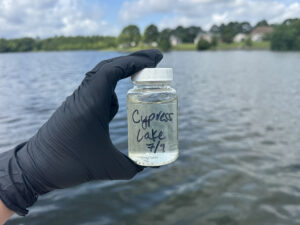
Specialist investigates lake connection to mysterious skin rash
July 10th 2025
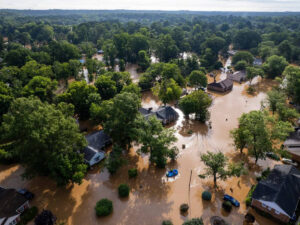
Riverkeeper: Central NC flooding part of a much larger issue
July 10th 2025

N.C. Governor vetoes bad rulemaking bill
July 10th 2025

Riverkeeper, program director ‘Growing More than Rain Gardens’
July 10th 2025

Volunteer coordinator goes ‘fishing’
July 10th 2025
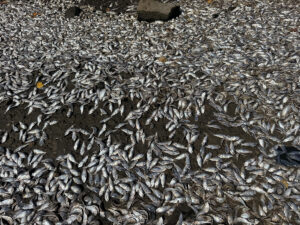
Neuse fish kill expected to extend beyond holiday weekend
July 3rd 2025
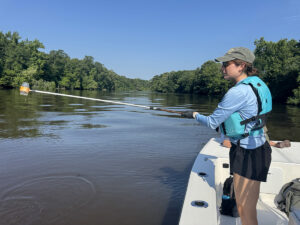
Swim Guide fails prompt Maple Cypress investigation
July 3rd 2025

Riverkeeper, town partners root out source of Smithfield sediment pollution
July 3rd 2025
